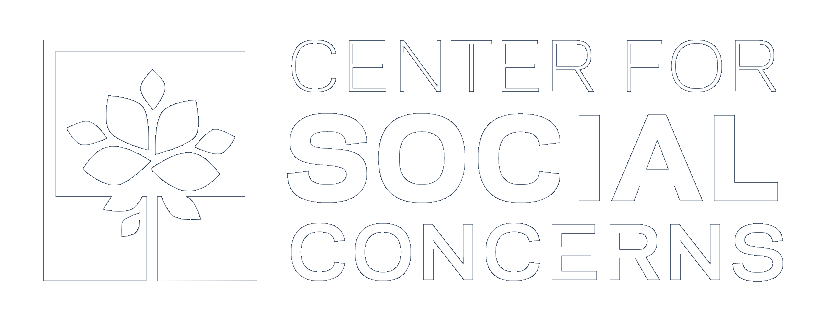This year, a group of 40 students and 16 faculty in the Schools of Medicine and Nursing at Duke are participating in Moral Moments in Medicine: Pandemics, Race, Social Justice, a new course hosted by the Trent Center for Bioethics, Humanities & History of Medicine in collaboration with The Purpose Project at Duke, the Kenan Institute for Ethics, and the Center for Interprofessional Education and Care. Over eight months, healthcare trainees and clinicians from the School of Medicine’s Doctor of Medicine (MD), Doctor of Physical Therapy (DPT), and Physician Assistant (PA) programs and the School of Nursing’s Accelerated Bachelor of Science in Nursing (ABSN) program are bringing the resources of medical humanities and ethics to bear on how they navigate the twin pandemics of COVID-19 and systemic racism.
“The pandemic has revealed massive fissures in our current society, and also gives us an opportunity to re-examine the status quo with new eyes,” says Sneha Mantri, MD, MS, who co-directs the course with Trent Center Director, Jeff Baker, MD, PhD.
Participants engage in one of six different monthly small groups organized around themes such as “Voices in Pandemic: Stories of Resistance and Social Justice,” “Epidemics, Disparities, and History,” and “Artistic Connections in Times of Trial.” Each group is co-led by two or more faculty. Students also participate in medical humanities lectures, narrative exercises, book clubs, and film discussions related to the course themes.
In January, one book club spent an evening in conversation with Duke physician Damon Tweedy, exploring the issues raised by his award-winning memoir Black Man in a White Coat.
For Baker, who is a pediatrician and medical historian, this kind of deep engagement demonstrates what the humanities can bring to conversations about race and social justice.
“Students rightly want to ‘do something,’” he says. “Yet when I speak to community members, they always tell me we need to listen before we act.”
This spring, if pandemic infection rates and protocols allow, the group plans to take “walks through social history” around Durham to see and hear how health disparities have manifested at the local level.
History and the humanities, according to Baker, help form us into better listeners. By becoming the sorts of people capable of listening in these ways, health professionals and trainees can discover deeper purpose in their daily work and so contribute both to the practice of healthcare and to our common life together.
Baker, Mantri, and others in the Trent Center are working to create an ecology of educational opportunities designed to form health professionals and trainees in the habits of listening well to long-silenced individuals and communities. The collaborative approach of Moral Moments in Medicine will be a cornerstone of this work as it expands into a longitudinal curriculum bridging the Schools of Medicine and Nursing. In this way, the course has been a catalyst for foregrounding questions of character and purpose in professional formation.



